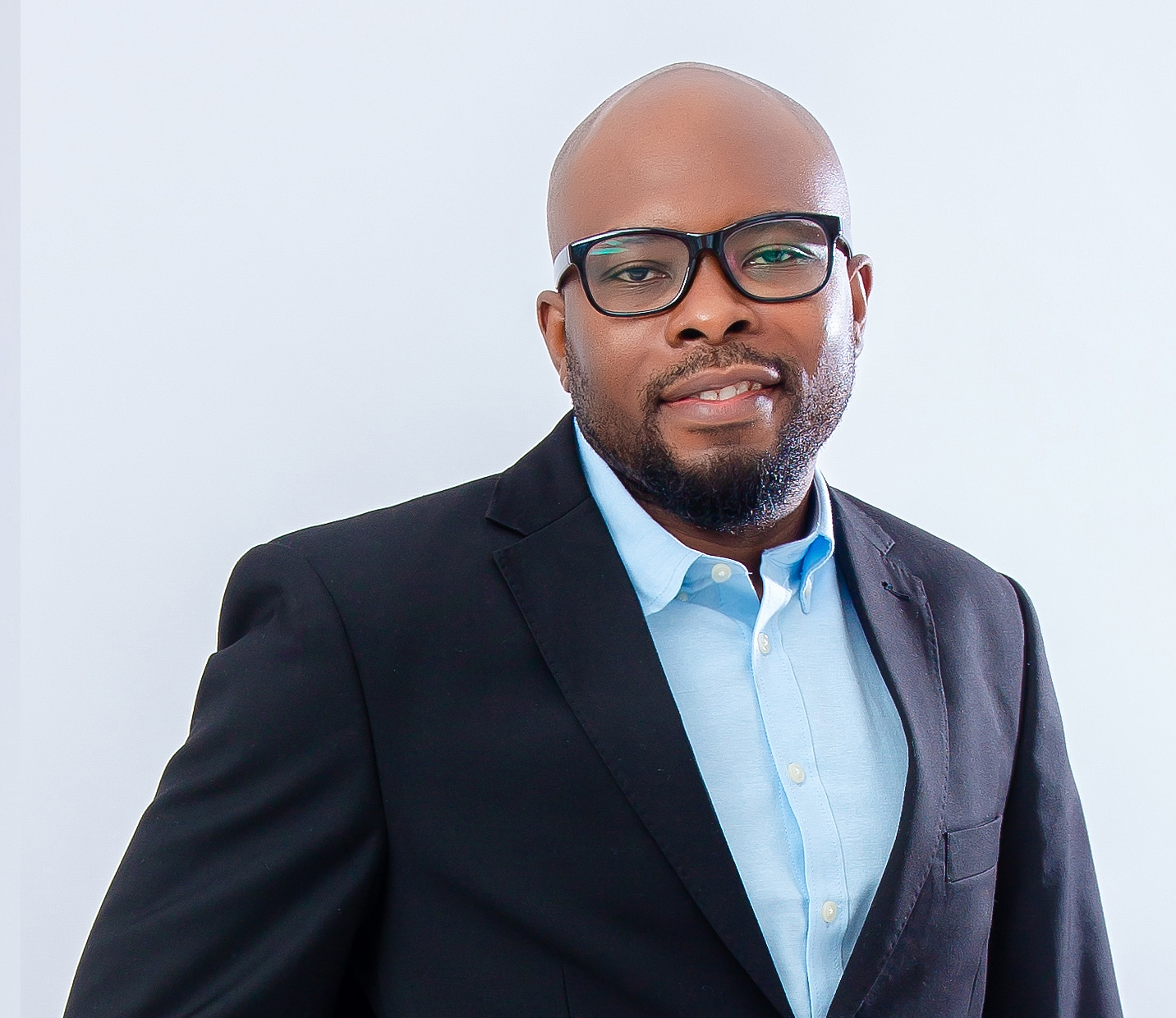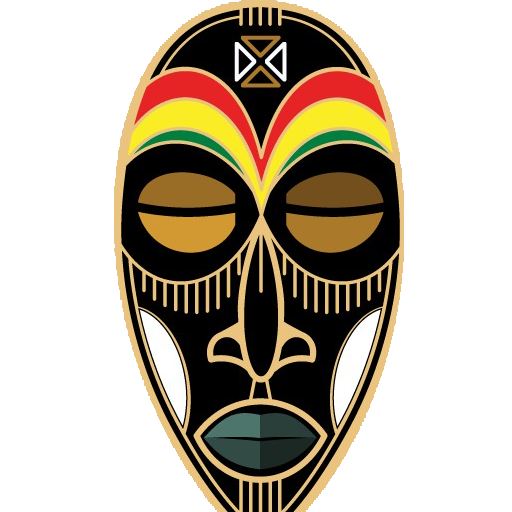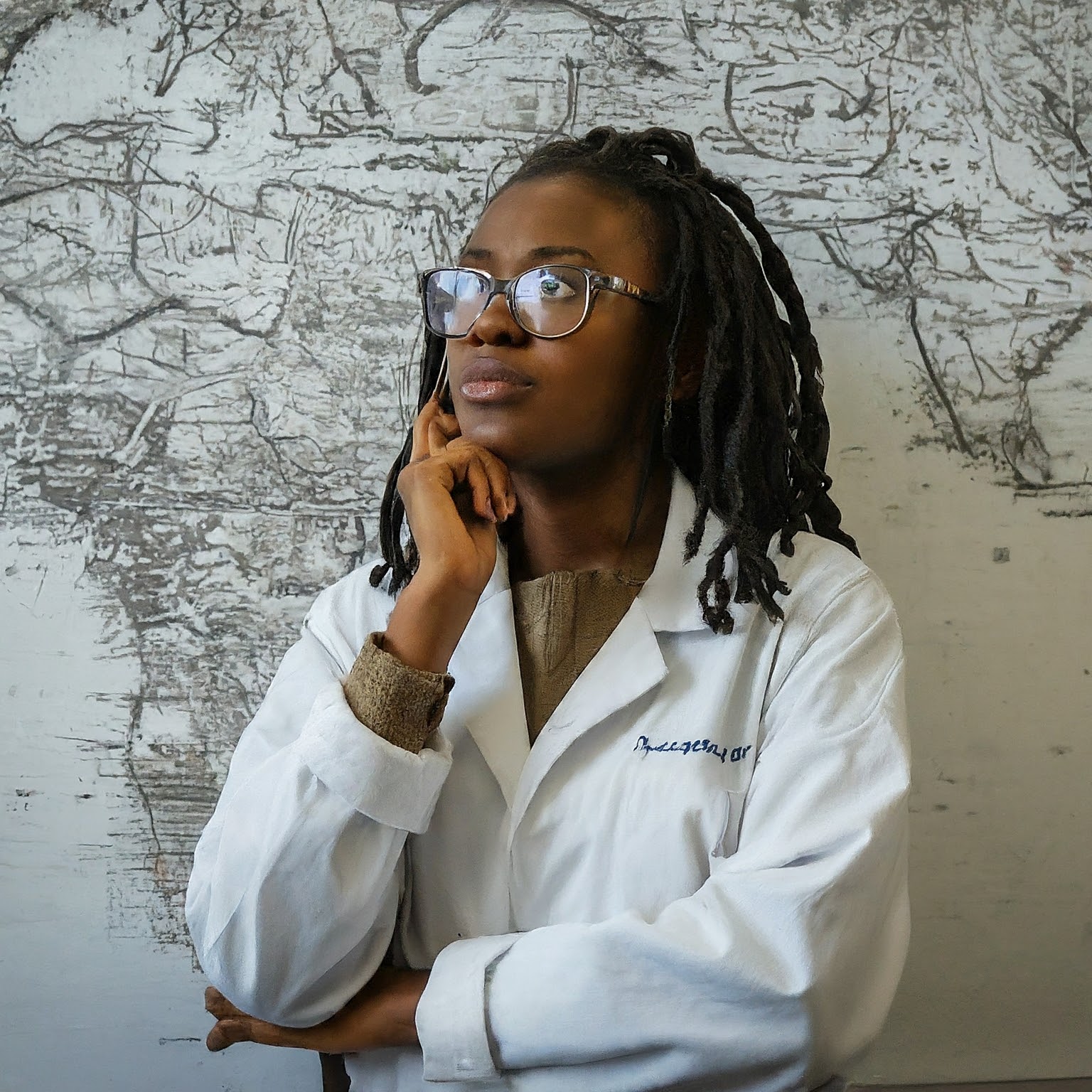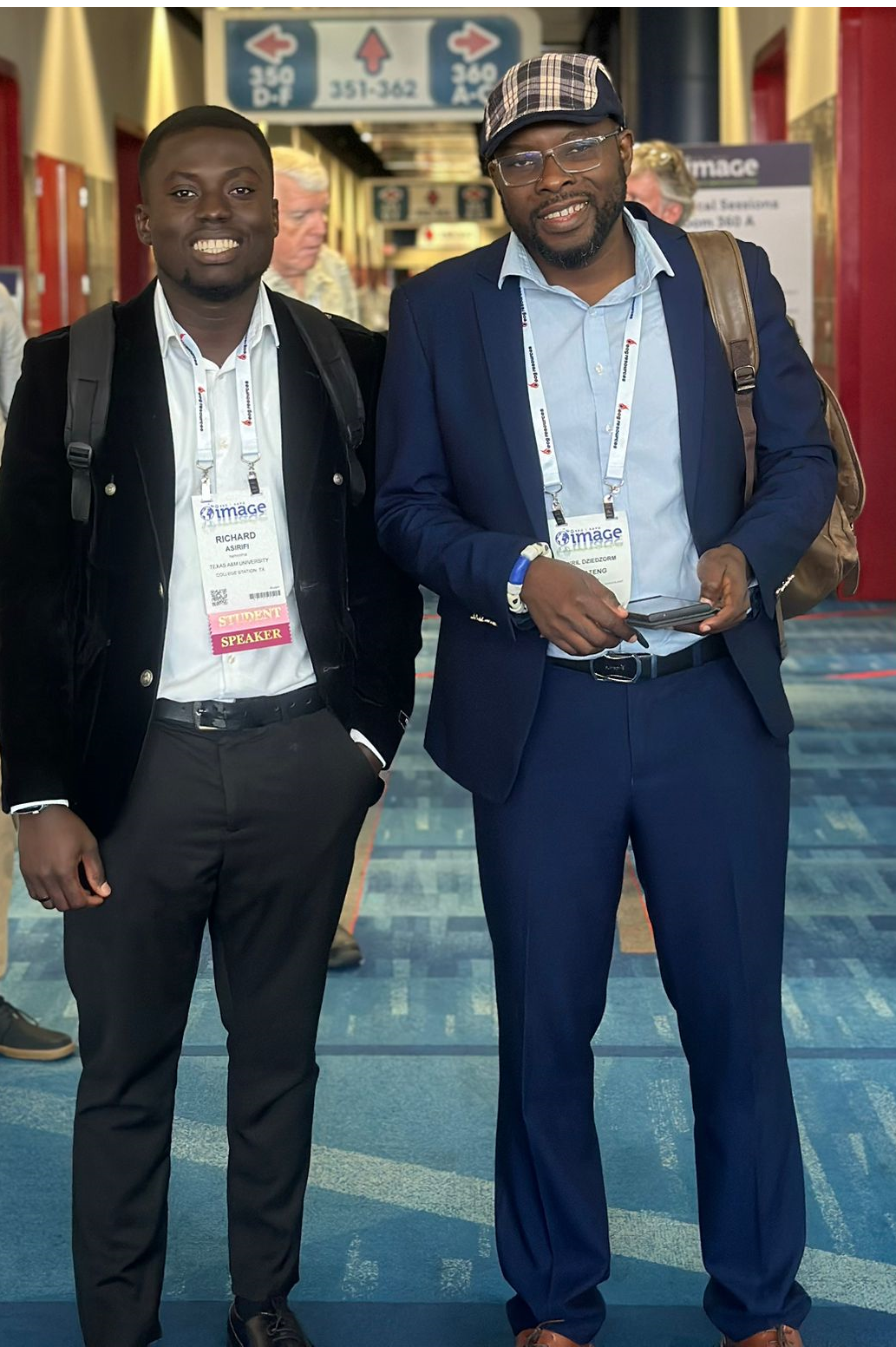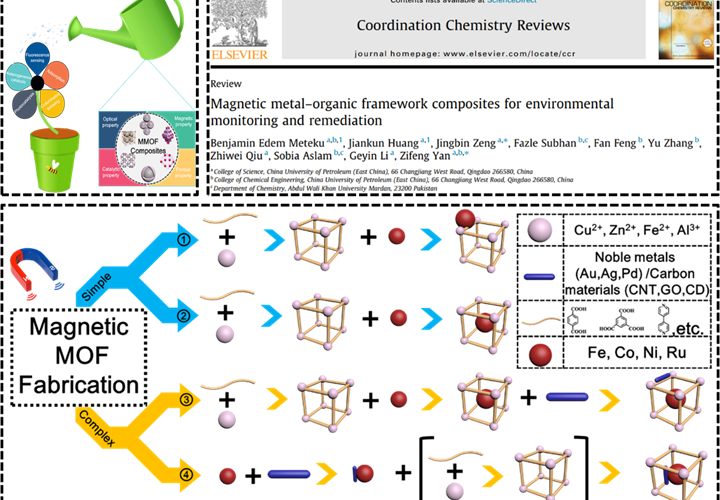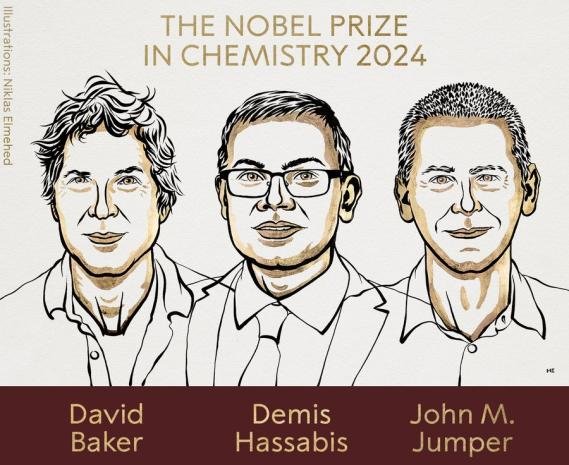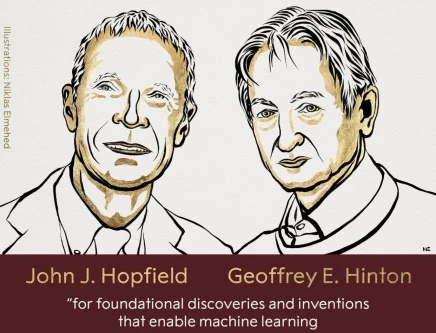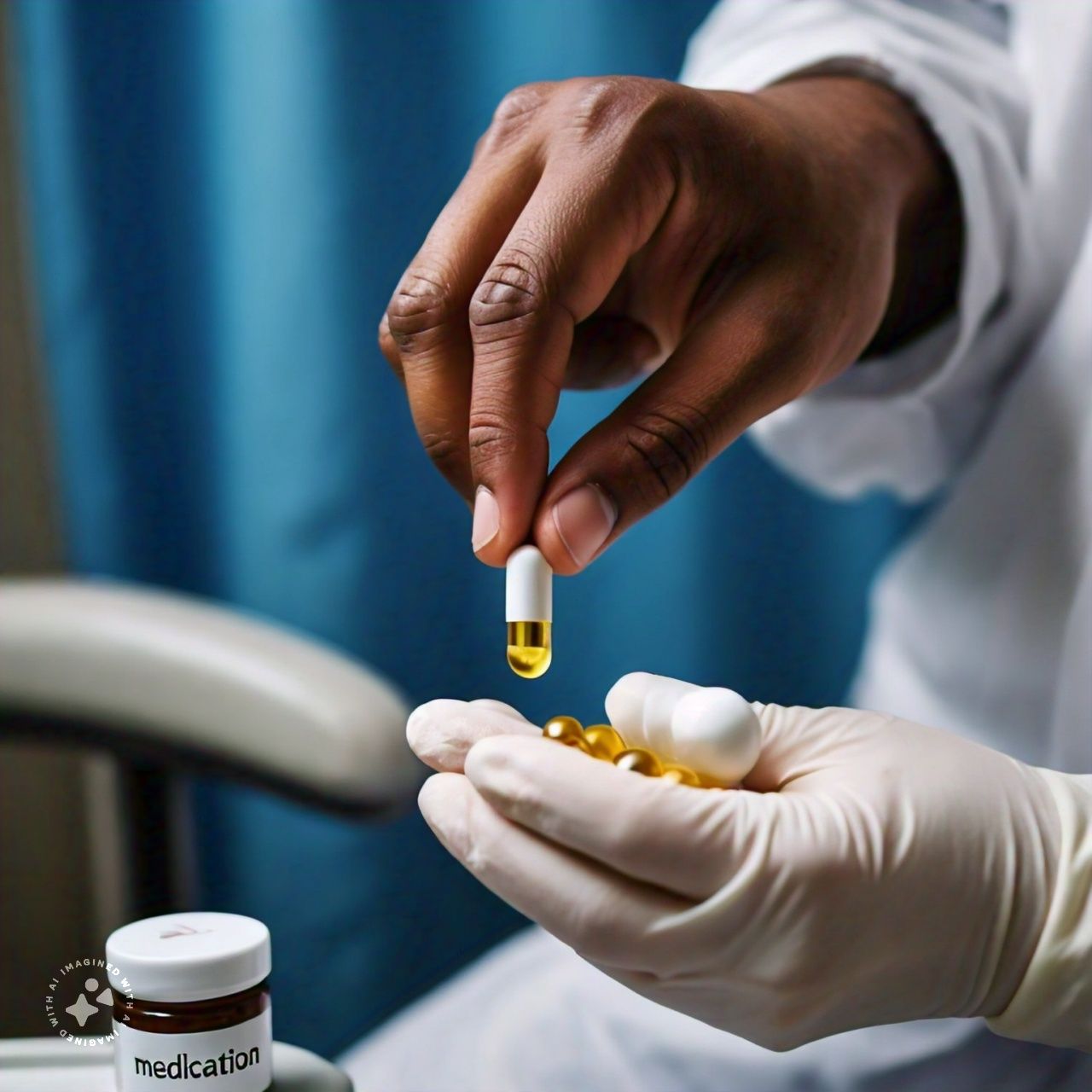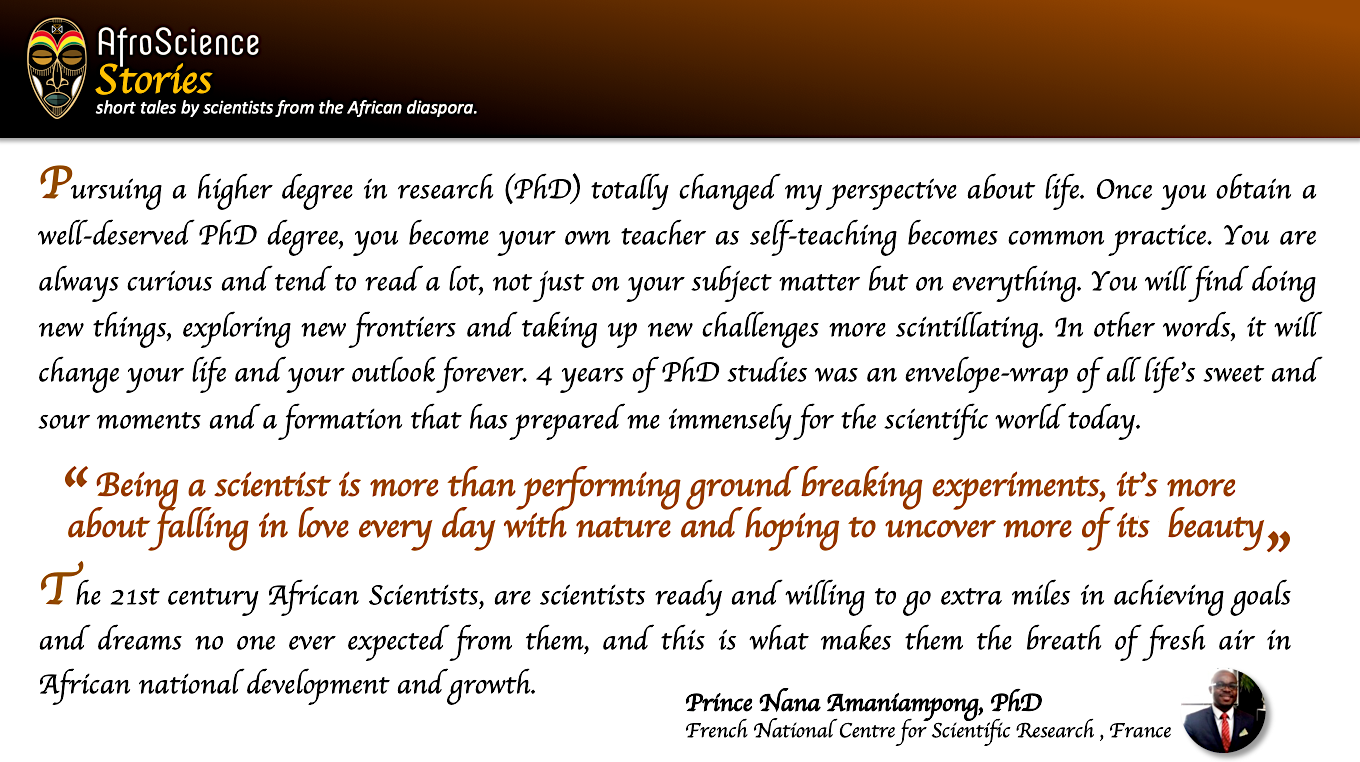Lois’ first memories of life were in Pig Farm a suburb of Accra in Ghana to parents who did not have a college education. But her parents instilled a sense of purpose and discipline in her from an early stage.
Our elders say, “Persistence is more effective than charms”. In 2015, Lois Afua Okyerewaa Damptey faced a critical decision. As a final year requirement for her undergraduate degree, she needed to undertake a research project. The available project had just been declined by a male student due to less interest in the topic. Never one to run away from a challenge, she decided to go with this project anyway. Quietly she worked on the project with persistence. That project was adjudged as one of the best projects in the University and was awarded a Leverhulme Royal Society African Award. With this award, she was able to go for a 6-month training program at Aston University in Birmingham. Furthermore, it led to an MPhil in Materials Science and Engineering from the University of Ghana three years later.
Lois’ first memories of life were in Pig Farm a suburb of Accra in Ghana to parents who did not have a college education. But her parents instilled a sense of purpose and discipline in her from an early stage. Even though most of the neighborhood kids avoided school and hanged around internet cafes to browse and play games, this was never an option for Lois and her siblings. In Senior High School she studied science in a class made up of predominantly boys. Although she was the best student from her basic school, Senior High School was not easy. As the concepts became complex, she found it difficult to keep up. She had to quickly come up with a strategy to survive. Extra lessons with friends who understood the concepts and a dogged determination were what helped her to make it through. In one extreme case, Lois Afua Okyerewaa Damptey had to jump the school wall to go back home in the evening because an obstinate security man who refused to open the gates for her. “Learning science in Ghana is hard”, says Lois. She advises that science education in Ghana should incorporate more practical components since this will enhance understanding.
After her High School education, Lois went on to the University of Ghana to pursue a degree in Materials Science and Engineering. Again she encountered a male dominated class. At the end of her first year, a crisis nearly derailed her dreams and put her in a near impossible situation. She was near the bottom of her class. In fact, she was near to the zone of dismissal due to low marks in some of her courses. But mustering her persistent spirit, she rallied from a Second Class Lower GPA to a Second Class Upper GPA before graduation. But this came at a cost of spending extra hours to catch up. She believes studying science as a female puts a burden on you to balance studying hard and the ability to have a social life. “Even some family members and friends put pressure on you to settle down and marry instead of pursuing more certificates”, says Lois. But in her opinion, when you focus and work hard, your achievements will be clear for all to see.
A very different set of challenges occupied her attention during her studies at Aston University in Birmingham. One of the very first, was adjusting to the accent of colleagues and professors in the UK. In addition, she encountered equipment with which she had no prior experience making the practical aspect of her work very difficult. But again she dug deep and pulled through these challenges before going on to PhD studies in Materials Engineering at the Open University, UK. Her research is on solar fuels and waste water treatment in Ghana and developing countries. This can help local communities in developing countries with the problem of unclean water sources by using a designed photochemical reactor system for purification. Her work on “Next generation portable solar fuel purification systems for local communities in Ghana” has been selected under the prestigious STEM for Britain 2020 program. Under this program she presented a poster at the British House of Commons on the 9th of March, 2020. This is a long way from the suburb of Pig Farm for the girl who never gave up on her dreams.
Miss Lois Afua Okyerewaa Damptey says many people have contributed to her success in her life. Some of her heroes in life are her parents, Winifred Brenya & Luke Damptse and her mentors, Prof. David Dodoo-Arhin, Dr. Mark Isaacs, Dr. Benjamin Agyei Tuffour, and Prof Johnson Kwame Efavi. When she is not in the lab, Lois loves dancing and acting in stage plays.
Conflict Of Interest
The views and opinions expressed in this article are those of the author, and they do not purport to reflect the policies, opinions, or views of the AfroScience Network platform.
Disclaimer
This article has not been submitted, published or featured in any formal publications, including books, journals, newspapers, magazines or websites.
Be the first to comment
Please login to comment

